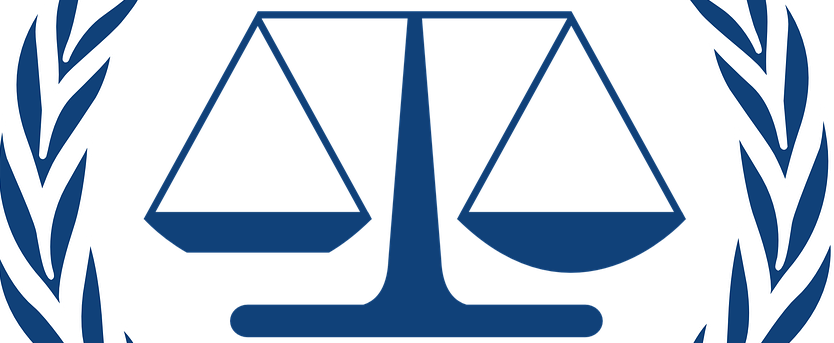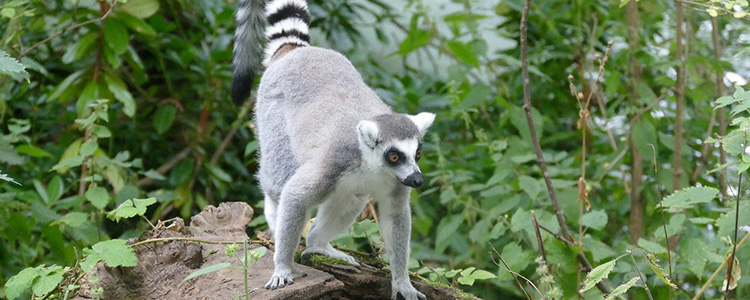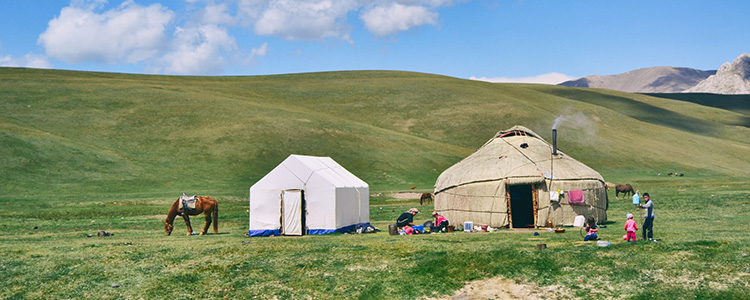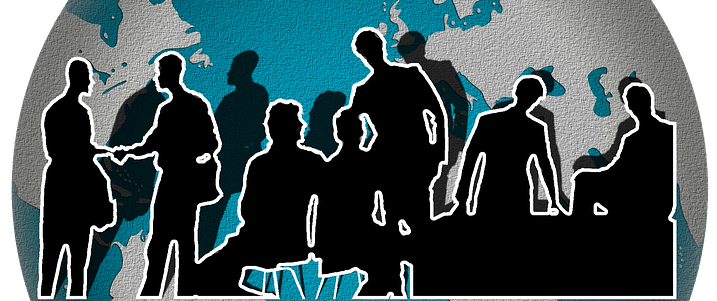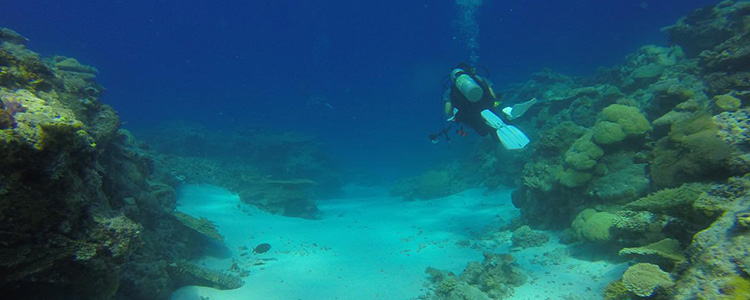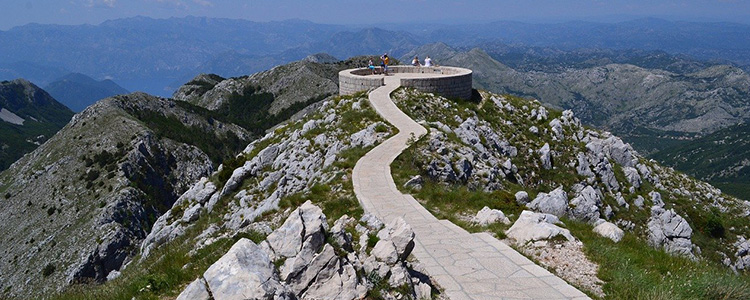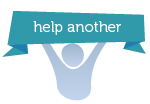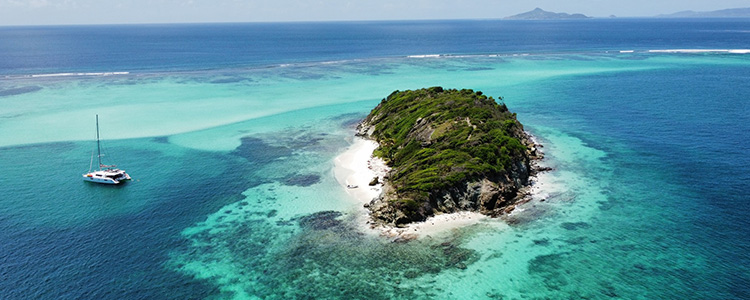Norway Country Bundle: suggestions, stories and tips
Content about Norway on WorldSupporter
 Norway: Updates & Travel
Norway: Updates & Travel
Travel in Norway
- Vast wild plains, fjords, glaciers and snow-capped mountains; the nature in Norway is beautiful. Too bad the country is expensive, otherwise Oslo would probably be a popular city for a city trip.
- For the Northern Lights you will have to go into the icy cold in the winter, but it is an experience that you will always remember.
- Take a boat trip along one of the many fjords, especially in the middle of summer you will be amazed because the sun does not set. The Hardanger Fjord is one of the most visited fjords (near Bergen), with beautiful nature in the area. Hardangervidda National Park is recommended.
- Between Bergen and Oslo you will come across the Vøringsfossen waterfall.
- For winter sports enthusiasts, Norway is a paradise, with thousands of kilometers of ski and cross-country trails and great slopes.
- Take a trip on the Jostedalsbreen, the largest glacier in Europe.
- When in Oslo: Visit the royal palace: Kongelige Slott and Åkershus Castle and do some culture in one of the museums such as the Munch museum (the one with the Scream).
- Bergen still has original wooden houses and a nice fish market. From here you can take a cable car to the top of one of the surrounding mountains for a beautiful view over Sognefjord and Hardangerfjord.
- Visit Trondheim, it is the old capital of Norway, and even though it is now mainly known as an industrial city, the center is cozy partly because of the technical university that is located there.
- Fredrikstad is still almost completely walled. Nearby are the Hvaler islands, where many Norwegians spend the summer.
- Even though Alesund is more of a village than a city, the beautiful houses are worth a visit.
Updates Norway
- More about Norway, updates and contributions, see the link below.
 How does healthcare work in Norway, and what travel insurance, health insurance or expat insurance do you need?
How does healthcare work in Norway, and what travel insurance, health insurance or expat insurance do you need?
- How does the healthcare system work in Norway?
- What is the quality of healthcare in Norway?
- How does the public healthcare system work in Norway?
- How does the private healthcare system work in Norway?
- How is the general practitioner arranged in Norway?
- How is the dentist arranged in Norway?
- How is pregnancy care arranged in Norway?
- How safe or unsafe is a trip or stay in Norway?
- What work and travel insurance policies are suitable for short and long stays in Norway?
- What emigration and expat insurance can you take out for Norway if you are going to live there for a while?
How does the healthcare system work in Norway?
What is the quality of healthcare in Norway?
- Norway is known for its excellent healthcare, which is accessible to everyone who lives and works in the country. Life expectancy is high, with 84 years for women and 81 years for men.
- The state is responsible to finance healthcare. In addition, the number of private hospitals and clinics is increasing.
- Healthcare is largely managed by municipalities, which means that you are dependent on local authorities. However, the national healthcare system (Helse-Norge) is well organized.
- Most hospitals belong to the public sector, where the majority of doctors also work.
- The pharmacies (apotek) are well stocked. The country also works with an e-prescription. This means that the doctor sends the prescription to a central database, so that the medicine can be picked up at any pharmacy.
- Helse Norge is the online healthcare system in Norway. Here you can find all kinds of practices and facilities. You can also register with a general practitioner here.
- Call 113 for an ambulance.
How does the public healthcare system work in Norway?
- Anyone who lives and works in Norway, pays social security contributions and is therefore registered in the national register (Folkeregister), is entitled to public healthcare. This also applies to expats with a valid residence permit. You will then be registered for the national healthcare system (NIS) in exchange for 8% of your gross salary.
- Although healthcare is largely financed by the government, there are personal contributions (e.g. for medicines, doctor visits and specialist care). There is an annual upper limit (frikort), after which further care is free.
- Healthcare is free for young people aged 16 or younger and for pregnant women and women who are breastfeeding.
- EU residents can also enjoy healthcare and the same conditions (i.e. partly pay themselves) with their European Health Insurance Card (EHIC).
- It is recommended to still take out private insurance to cover the non-reimbursed costs, as well as care that is not covered, such as dental care.
How does the private healthcare system work in Norway?
- Private clinics offer shorter waiting times, more flexibility and extensive options. These are popular with companies that offer private insurance to employees.
- Private care is more expensive and is not covered by the public system. Taking out additional private health insurance can be a good idea. For example, an estimated 9% of the population has some form of private health insurance, often also paid for by the employer.
- Norway has relatively few private health care providers compared to other countries. Most people use the public system.
How is the general practitioner arranged in Norway?
- The system works with a "fastlege" (GP system). Everyone is assigned a GP who is your first point of contact for medical care. Most GPs speak fluent English.
- Appointments are free for children under the age of16.
- You can choose available doctors in your area. If you are not satisfied, you can change GPs twice a year.
- If you need specialist treatment, you must first be referred by your GP. Waiting times for specialists can vary depending on the region. Most GPs work in a group practice and usually the patient pays a small fee (160 NOK) for a visit to the GP.
- GPs are easily accessible, but not always for emergencies. For urgent care you can go to GP posts or hospitals.
How is the dentist arranged in Norway?
- Dental care is not included in the public system for adults aged 21 and over. You pay the full cost out of your own pocket, which can be quite expensive.
- For children up to 18 years, dental care is free through the public dental services, for 19-20 year olds, care is partly covered.
- Dental practices are often private. It is worth comparing prices, as rates can vary greatly.
- Many people take out private insurance with dental coverage to cover the costs.
How is pregnancy care arranged in Norway?
- Norway has excellent maternity care, with the emphasis on mother and child. Prenatal and postnatal care are well arranged.
- As soon as you are pregnant, you report your pregnancy to your GP or midwife. They will guide you throughout your pregnancy.
- You are entitled to regular check-ups, ultrasound scans and blood tests, which are usually free.
- Giving birth usually takes place in a hospital or birthing centre. You can opt for pain relief, such as an epidural, and you will be supervised by experienced midwives. Home births are possible, but less common.
- After the birth, you will receive guidance and support from midwives and maternity nurses. Much attention is paid to breastfeeding and the mother's recovery.
- Norway offers generous parental leave, including specific days for fathers.
- Breastfeeding in public is normal in Norway.
How safe or unsafe is a trip or stay in Norway?
What should you pay attention to in terms of safety in Norway?
- Norway is an extremely safe country, with low crime rates and a high standard of living.
- The weather can be extreme and unpredictable, especially in winter. Snowstorms and slippery conditions can be dangerous.
- Norway is perfect for outdoor activities, but be prepared. It is easy to get lost in remote areas, and the weather can change suddenly. Always bring warm clothing, plenty of food, and a charged phone or GPS.
- Encounters with moose or even bears are possible, especially in rural or forested areas. Give animals space and do not disturb them.
What should you look out for in terms of diseases in Norway?
- There are virtually no real health risks in Norway.
- Tick-borne encephalitis occurs in some areas. It is advisable to take this into account.
- It is very cold in Norway in winter. Prevent hypothermia and frostbite by dressing well.
- It is also possible to get a serious winter blues due to the lack of sunlight. Many people take extra vitamin D for this.
What should you pay attention to when it comes to traffic in Norway?
- In Norway, people drive on the right.
- Speed limits are strictly enforced and are usually: 50 km/h in urban areas, 80 km/h outside the city and 100-110 km/h on motorways.
- In winter, roads are often covered with ice or snow. Winter tires (or studded tires in some areas) are mandatory from November to April. Bring snow chains when traveling to mountainous areas.
- Norway has many tunnels and ferries as part of the road network. Pay attention to road signs and plan your routes well, especially in remote areas.
- Moose, reindeer and other animals can cross the road, especially in rural areas. Take extra care at dusk and at night.
- Cyclists often have their own cycle paths, but in smaller villages this may not be the case.
- Pedestrians have priority on zebra crossings. Failure to stop can result in high fines.
- Public transport is efficient and safe, as are the ferries. Some tips: refuel early, especially in remote areas where gas stations are scarce, use offline maps or GPS, as mobile network is not available everywhere.
- In remote areas, it can take a long time for emergency services to arrive. Always have an emergency kit in your car, including warm blankets, food, water and a first aid kit.
What work and travel insurance policies are suitable for short and long stays in Norway?
Is the trip to Norway and your return sufficiently covered? Are you sufficiently covered before, during and after your activities? Which insurance best suits your trip and your activity? Read more about insurances for abroad on JoHoinsurances.org.
What emigration and expat insurance can you take out for Norway if you are going to live there for a while?
- Most expats and emigrants are covered by the national health care system and private insurance is not mandatory. However, many people also take out private insurance to be fully covered and also to get coverage in other, for example, neighboring countries.
- Read more about insurances for abroad on Expatinsurances.org.
 Packing list for Norway, travel insurance for Norway, and taking your belongings
Packing list for Norway, travel insurance for Norway, and taking your belongings
To pack and bring to Norway
- What to take with you to Norway: short
- What should you keep in mind when traveling to Norway with your belongings?
- Are there mosquitoes in Norway?
- Are there sandflies in Norway?
- Can you buy DEET, or other mosquito repellents, in Norway?
- Can you buy a joint or weed in Norway, or take it with you to Norway?
Packing list for Norway, travel insurance for Norway, and taking your belongings
To take or not to take to Norway, leave at home or arrange locally?
Sufficiently insured or not for your activities in Norway?
Sufficiently insured or not for your trip to Norway?
What to take with you to Norway: short
Featured items:
- Documents: passport or ID. An online and/or offline copy is always useful. International driving permit, when needed, depends on which country you come from and if you are going by car or rent a car.
- Money: you can pay by debit card everywhere.
- Care: sunscreen or sun cream and lip balm with a high factor. Especially in winter! The sun is merciless when you are standing on the snow.
- Outdoor and conveniences: polarized sunglasses. Hat, gloves, scarf, warm socks in winter, but sometimes also for the rest of the year! Backpack, rain cover and rain gear.
- Clothing: the weather can always change, so bring clothing for all weather conditions. Layers and very warm clothes (such as thermal layers and a good jacket) for winter, and therefore wind and waterproof clothing.
- Shoes: good mountain boots or trekking shoes and warm shoes for winter.
- Medicines and travel pharmacy: a good first aid kit with (blister) plasters, painkillers and ORS and other things that are useful for walks.
- Technique and equipment: world plug with type F, powerbank.
What are some other options for packing as well?
- Reusable water bottle with filter for your hiking adventures.
- Quick-drying travel towel
- A book on Norse Mythology, so you can join in the conversation in the pub!
- Head net against midges in spring and summer. You laugh about it now, but not anymore.
- Are you going hiking, camping, sleeping in huts? Then also a sleeping mat and sleeping bag, map and compass and headlamp or flashlight, power bank.
- Reusable bag.
What should you keep in mind when traveling to Norway with your belongings?
- The season and the weather conditions in Norway.
- The activities you will undertake in Norway. A cruise requires different items than a hike!
Are there mosquitoes in Norway?
- Mosquitoes are a nuisance in the summer, but apart from being annoying, they do not pose a problem for your health.
- You will find the mosquitoes mainly near stagnant water and in dense forests.
Are there sandflies in Norway?
- Sand flies are not a problem in Norway, but small midges, locally called “knotts”, are.
- They can be found in all kinds of places in nature and are particularly active around sunrise and sunset.
- They also often have an extra urge to eat on gray, rainy days.
Can you buy DEET, or other mosquito repellents, in Norway?
- DEET and other products are available in Norway, at pharmacies and outdoor shops, among other places.
- But, like everything in Norway, repellent is expensive! When you want to use it in the Norwegian summers, it is useful to bring your favorite type from home.
Can you buy a joint or weed in Norway, or take it with you to Norway?
- Smoking a nice joint is not an option in Norway. Using cannabis for fun is still completely illegal in this progressive country! If you do have it and are caught, it can lead to a fine, but also heavier punishments.
- Medical cannabis is legal, but very strictly regulated.
- Don't bother bringing cannabis with you, either, unless you want to get in trouble.
 Norway: selection of contributions by WorldSupporters - Bundle
Norway: selection of contributions by WorldSupporters - Bundle
Content about Norway shared by WorldSupporters
- 965 keer gelezen





















